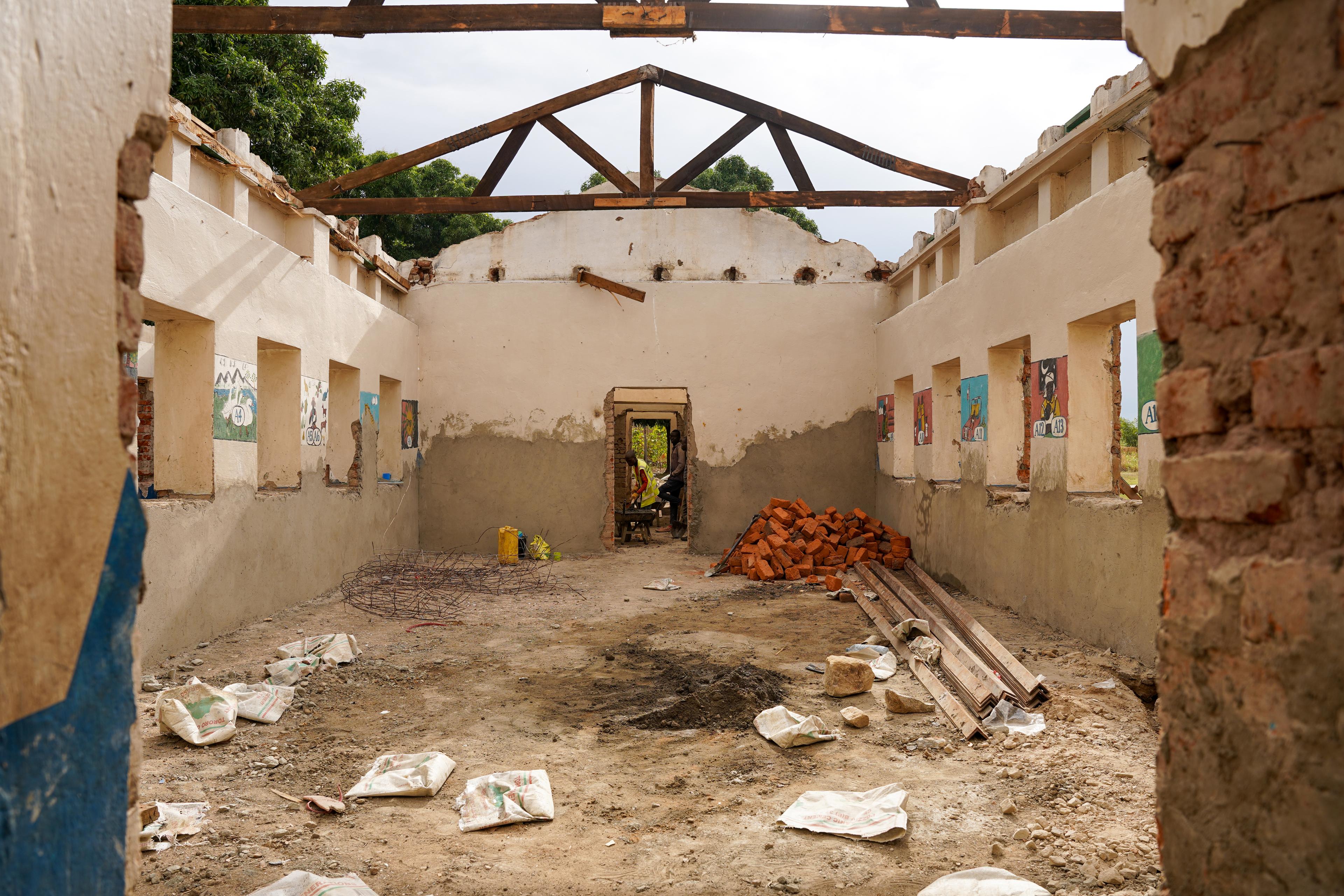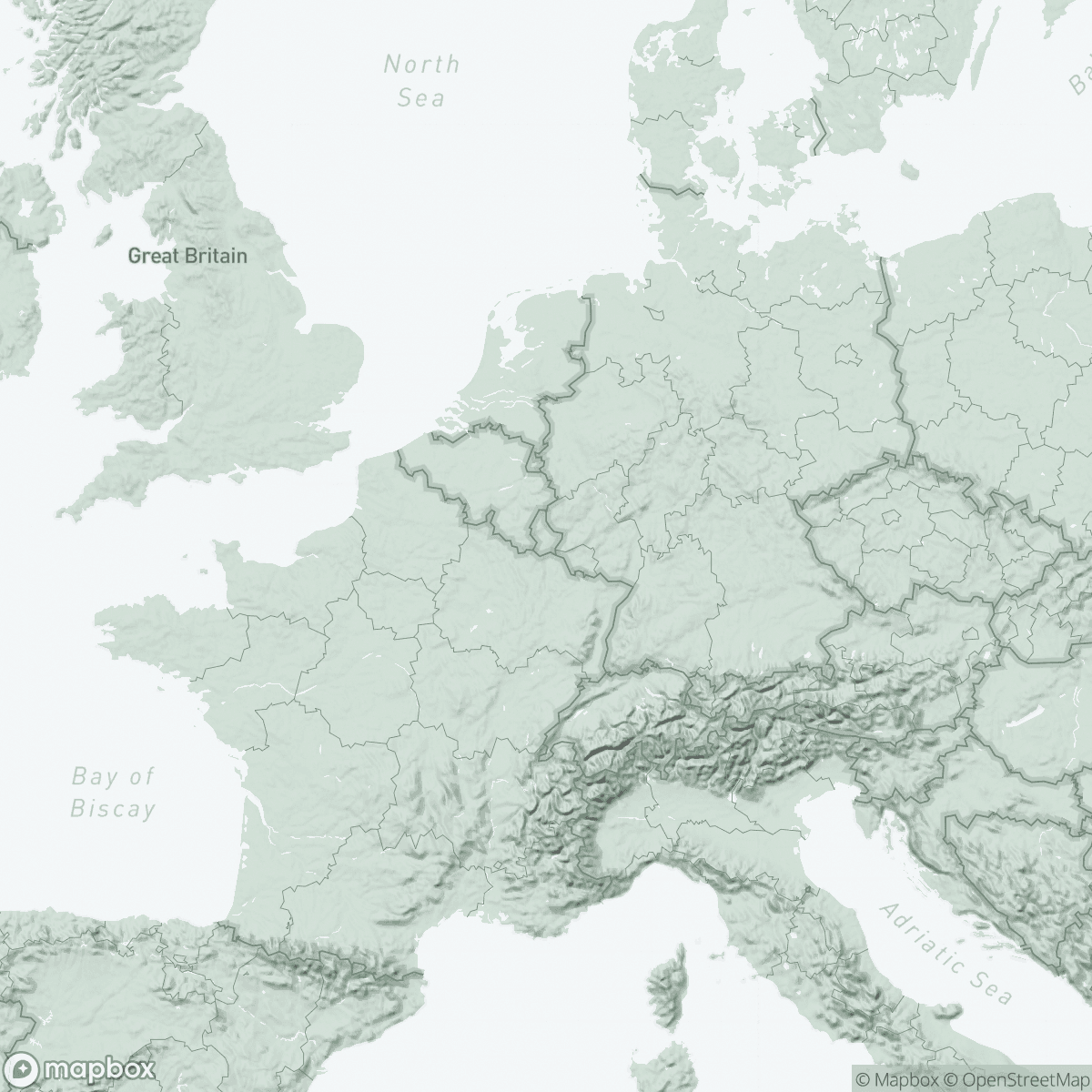
Leveraging Operational Research to Evaluate Innovative Solutions for Safe Water Access in Kajo Keji County
In 1 click, help us spread this information :
The aftermath of the 2016 violence in Juba had far-reaching consequences, especially for the people of Kajo Keji, South Sudan. As civilians fled to neighbouring countries, infrastructure, including vital boreholes, fell into disrepair or were vandalized, exacerbating the already precarious situation. The subsequent floods further contaminated many water sources, compounding the challenges faced by the returning population.
Recognizing the urgent need for action, Médecins Sans Frontières (MSF), in collaboration with the Ministry of Health (MoH) of South Sudan, resumed healthcare services at the Kajo Keji County Civil Hospital in February 2023. However, the high prevalence of waterborne diseases indicated a pressing issue: the quality of drinking water. The return of refugees to Kajo Keji since 2019 heightened the demand for water, stressing the existing supply infrastructure. It is estimated that 50% of the water supply infrastructure was compromised, while the quality of the remaining boreholes remains dubious due to recurrent past flooding.
Amidst these challenges, MSF embarked on an innovative initiative to address the critical need for safe water access. Confronted with the security limitations that hindered the transportation of sophisticated equipment by road, MSF developed a comprehensive infrastructure toolkit capable of assessing both the functionality of boreholes and the quality of water. This toolkit, equipped with a portable laboratory, can analyse water quality on-site, eliminating the need for a full laboratory setup. The effectiveness of the toolkit has, to date, not yet been formally evaluated.
The repopulation of Kajo Keji provided an opportune moment to assess both the boreholes' status and the viability of MSF's toolkit. Operational Research emerged as a crucial tool in evaluating this innovation's feasibility and practicality. Scheduled for 2024, an upcoming study supported by LuxOR (MSF Luxembourg Operational Research Unit) aims to achieve multifaceted objectives: mapping Boreholes, assessing infrastructure and functionality, evaluating water quality and reporting overall functionality and rehabilitation needs. Importantly, the study also seeks to assess the effectiveness of the toolkit, including appraising the toolkit's efficiency in terms of time, human resources investment, and cost to inform decision-making processes.
Through this systematic evaluation, the study seeks to provide valuable insights into MSF's toolkit's effectiveness in assessing boreholes in Kajo Keji county. Ultimately, these findings will guide water infrastructure rehabilitation efforts and humanitarian interventions, ensuring safe water access for all in the region. Innovation, coupled with rigorous evaluation through Operational Research, represents a cornerstone in MSF's mission, reaffirming its commitment to delivering impactful solutions in humanitarian crises.

